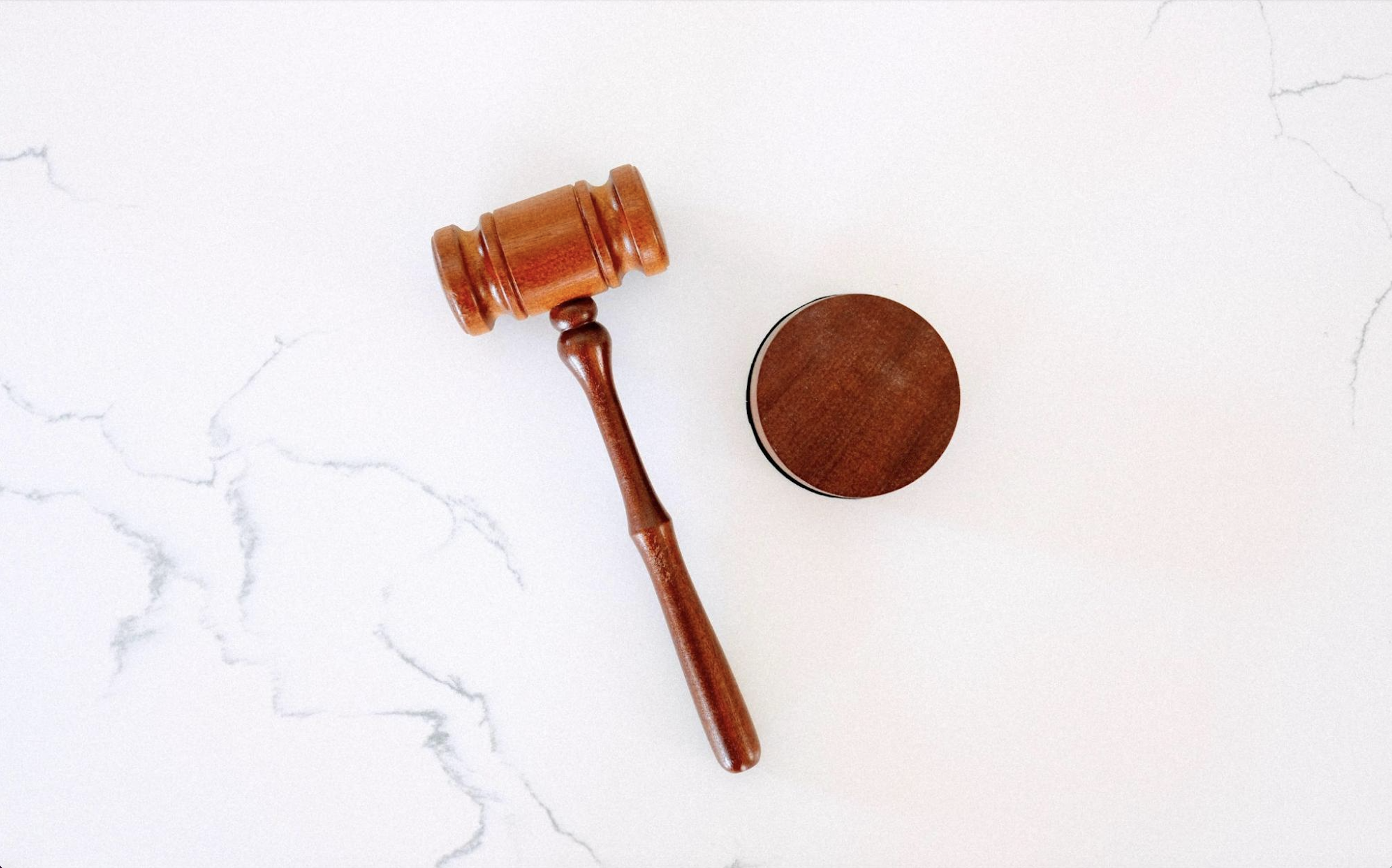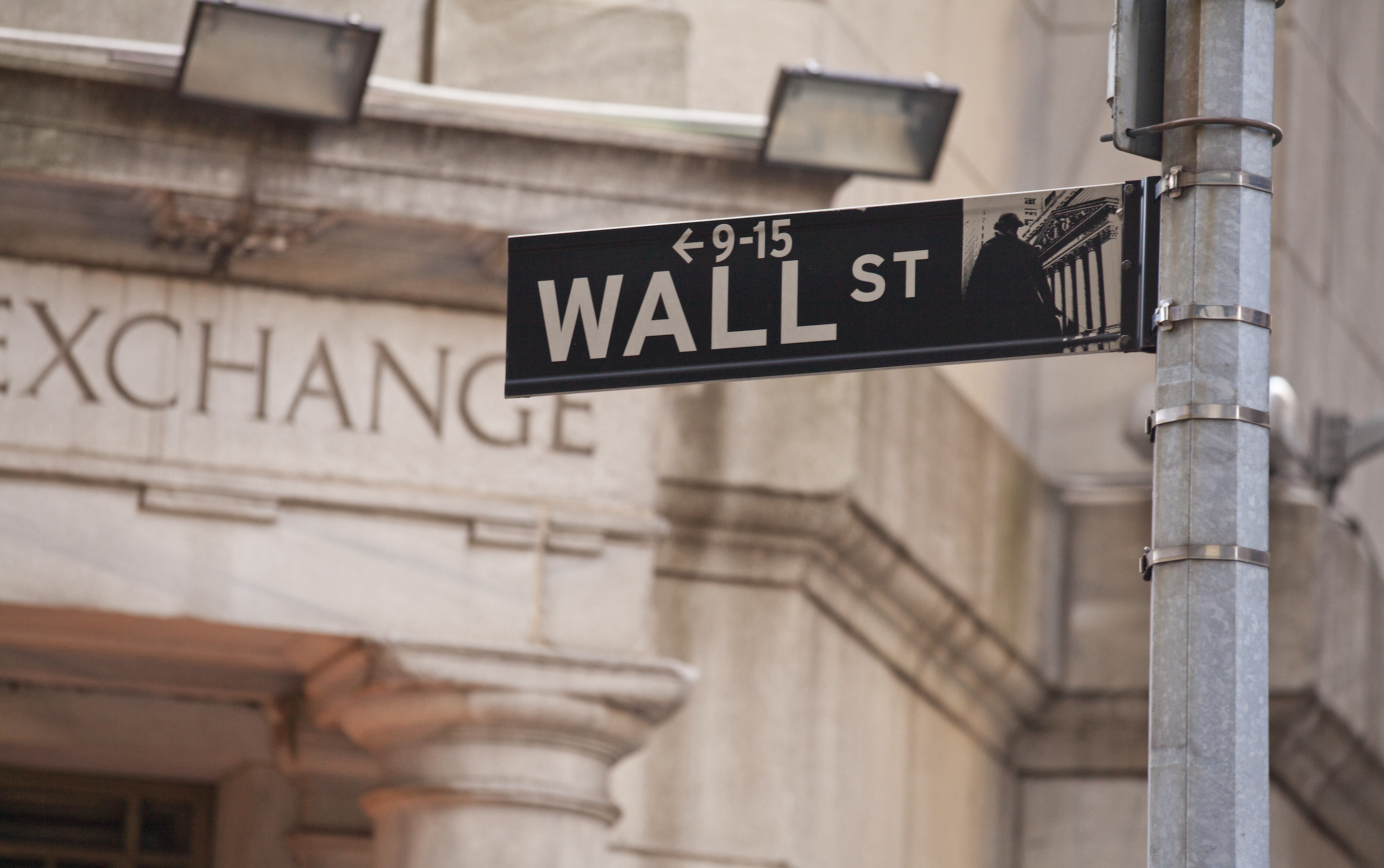Inside the Ripple ruling

Last week’s XRP ruling was met with enthusiasm across the crypto industry. [Image via Unsplash]
There’s never a dull moment on the blockchain. Here’s what you need to know this week:
A closer look at Ripple’s legal victory. What last week’s ruling means for XRP, and how the crypto market responded.
Key quotes from the cryptoverse. BlackRock CEO Larry Fink on the future of crypto and Senator Cynthia Lummis on her updated crypto bill.
This week in numbers. How many spot bitcoin ETFs the SEC will begin formally reviewing this week, and other key stats to know.
RIPPLE EFFECT
Markets rally after court rules that XRP sold by Ripple via exchanges not a security
Last Thursday, a federal court in New York ruled that certain sales of XRP tokens (which are used on the Ripple payment network) via exchanges were not securities transactions. In 2020, the U.S. Securities and Exchange Commission (SEC) sued Ripple, alleging that it had broken securities laws when it sold XRP.
Following last week’s ruling, a wide range of cryptocurrencies rallied — with BTC breaking $31,000, ETH breaking $2,100, and XRP itself briefly surging as much as 96%. Prices settled over the weekend, with BTC down around 5% over the last five days. Some U.S. exchanges, including Coinbase, also made XRP trading available to customers.
Why is this ruling such big news? We’re breaking it down.
What are Ripple and XRP?
Ripple Labs is the technology company behind the XRP blockchain and token, which launched in 2012 and are designed to work together as a fast, cheap, and scalable peer-to-peer global payments system. Unlike most cryptocurrencies, XRP is “premined” and has a maximum supply of 100 billion tokens.
Why did the SEC say it was suing Ripple, and what were the results of last week’s court ruling?
The SEC claimed that XRP is a security and that beginning in 2013, Ripple’s sales of XRP tokens constituted an unregistered securities offering.
In her decision, U.S. District Judge Analisa Torres ruled that XRP itself is not a security. The court then moved to the issue of whether transactions involving XRP could be considered securities transactions. Judge Torres ruled that certain XRP sold to hedge funds and other institutional purchasers amounted to securities transactions.
But importantly, Judge Torres also ruled that the XRP at issue sold through exchanges were not securities transactions.
What distinction did the judge make between programmatic transactions on exchanges and Ripple’s sales to institutional investors?
The judge’s opinion is lengthy. According to Reuters, as part of the opinion, “Torres ruled that Ripple's XRP sales on public cryptocurrency exchanges were not offers of securities under the law, because purchasers did not have a reasonable expectation of profit tied to Ripple's efforts.”
In contrast, the court ruled that Ripple’s “marketing aimed at institutional investors made [it] clear the company ‘was pitching a speculative value proposition for XRP’”.
How did markets respond?
A wide range of cryptocurrencies rallied on the news, with XRP itself spiking as much as 96%. Some U.S. exchanges, including Coinbase, made XRP trading available to customers. Speaking to CNBC, Coinbase Chief Legal Officer Paul Grewal said, “For exchanges, for tokens that are listed on exchanges, for regular investors, there’s no question that this ruling strikes a blow to the idea that somehow securities are being traded when people go onto exchanges and trade the assets.”
Will the SEC appeal the decision?
The order remains subject to appeal, although the timing of an appeal is uncertain. Ripple’s chief legal officer told Reuters that the company “wouldn't shy away from an appeal, because the judge was right on her core findings. I believe any appellate court looking at this would amplify and endorse those rulings, which would certainly be welcome.”
The bottom line…
Over the last year, crypto markets have been burdened by regulatory uncertainty in the U.S. The court’s ruling could serve as a step toward clarifying U.S. regulations — with a variety of lawmakers and analysts weighing in on possible outcomes.
Congressman Ritchie Torres (D-NY) penned a letter to the SEC and urged the agency to “reassess its reckless regulatory assault on the crypto industry,” while majority whip Tom Emmer (R-IN) tweeted that "a token is separate and distinct from an investment contract it may or may not be part of. Now, let’s make it law.”
Justin Slaughter, a former SEC official who is now policy director at venture capital firm Paradigm, noted, “What Ripple did is mark the end of a stage in crypto [of] this idea that the SEC could by itself resolve the hard questions of crypto.”
TAKES
BlackRock CEO Larry Fink talks crypto’s future, Sen. Cynthia Lummis shares updates to bipartisan crypto bill
What Fink thinks… Larry Fink, the CEO of $9.5 trillion asset manager BlackRock, joined CNBC last Friday to discuss his evolving view on cryptocurrency. “I do think a lot of crypto is an international asset … because it’s so international, it’s going to transcend any one currency in currency valuation.” Last month, BlackRock applied to the SEC for a spot BTC ETF, kickstarting a Wall Street-aided crypto rally.
Take two... Senators Cynthia Lummis (R-Wyo.) and Kirsten Gillibrand (D-NY) recently unveiled an updated version of their bipartisan Responsible Financial Innovation Act, which seeks to clarify key regulatory questions. So what’s in the rebooted bill? Lummis tweeted, “Consumer protection is heavily prioritized and criminal activity is cracked down on while a strong regulatory foundation for the crypto asset industry in America is solidified for the long haul.”
NUMBERS TO KNOW
$742 million
Total inflows into digital-asset funds over the last four weeks, according to a new report from CoinShares — the “largest run” since the final quarter of 2021.
$6 million
Seed funding raised by Portugal-based startup Ethena, which aims to develop a fully collateralized stablecoin backed by derivatives and a digitally native savings bond on top of that stablecoin. The bond, per CoinDesk, “functions in a similar way to as a U.S. Treasury but without the ties to a government or centralized banking institution.” Crypto-focused VC firm Dragonfly led the fundraise.
647,000
Amount of Bitcoin Ordinals that were added to Bitcoin’s blockchain this weekend. Sunday was the third-highest volume day for Ordinals (with roughly 386,000) since they were introduced in January. Ordinals are essentially NFTs for the Bitcoin blockchain — users can “inscribe” audiovisual, text, and other data onto a single satoshi, which is the lowest denomination of BTC, similar to a penny vs a dollar.
501,440
Seven-day moving average of new unique addresses on the Bitcoin network last Wednesday — the highest level since May 2021, according to The Block. The jump in new addresses coincided with bitcoin’s roughly 20% rally over last month.
65%
Percentage of survey respondents that reported their crypto holdings “represented a long-term investment,” in a new research study from fintech company Broadridge. The firm polled 2,000 crypto market participants across Canada, the U.K., and the U.S. from March to June 2023.
8
Number of spot bitcoin ETF applicants (including BlackRock, Fidelity, and VanEck) who are beginning the formal review process with the SEC this week. BlackRock, the world’s largest asset manager, announced its BTC ETF efforts in June — helping spark a crypto rally and prompting other firms to file or refile similar applications.
TOKEN TRIVIA
Which cryptocurrency uses the Lightning Network?
A
BTC
B
ETH
C
SOL
D
All of the above
Find the answer below.
Trivia Answer
A
BTC











